In 2008, Barack Obama won the US Presidential election – becoming the first black President of the United States on the back of his simple message: Yes we can.
What would be a historic victory, would also be a historic turning point in ways that then could not be comprehended. Obama’s simple slogan was carried forward by grassroots campaigning and strategy – and for the first time, this put the internet and social media at its core.
The Pew Research Centre published findings in 2009, that showed three-quarters of internet users went online during the 2008 election to take part in, or get news or information about, the 2008 campaign. It marked the first time the Pew Research Centre found more than half the voting-age population used the internet to connect to the political process.
The greater good… and bacon sarnies?
Fast-forward to today and the thought of people not using the internet to engage in the political process seems strange. The internet and social media have grown and expanded at an incredible rate – with apps like Instagram, Snapchat or WhatsApp, that barely existed when Barack Obama changed the game, now defining our daily lives.
Today, social media is considered maybe THE most important aspect of most political campaigns and it continues to grow. In the UK, political parties spent around £1.3m on Facebook during the 2015 general election campaign; two years later the figure rose to £3.2m. This year it will no doubt rise again.
In its use, social media is a balancing act that can work in your favour or possibly de-rail your entire campaign. For example, where once a photo of you looking a bit awkward eating a bacon sarnie (sorry Ed!) might have been news for a day or a week, social media has allowed it to be shared and re-shared until it is the first image associated with your name.
Elsewhere though, what might seem like fringe candidates in major elections have benefitted – like Bernie Sanders in the United States, or Jeremy Corbyn here in the UK. They have been able to step into the mainstream as their candidacies have gained support through social media. Similar campaigns may have struggled pre-internet, with only a few traditional channels (TV or newspapers) available to them.

The push for your vote – and your attention
Where the internet and social media has given us the ability to control our own conversations, it has also opened them up to distortion; as our lives have become increasingly digital and data has become more valuable than oil.
Social media platforms profit from our attention, just like TV shows succeed on ratings, or newspapers have readership – it’s not that new. However social media has gone further, taking our data and pairing it with sophisticated algorithms to tailor what we see – all in aid of trying to keep you around a little longer. This means we see more of what we like/agree with – and even what we vehemently disagree with – than what may be true.
This of course raises questions about political engagement online. Where the news and newspapers largely deliver information to inform – and are required during election periods to give equal broadcasting to each party – social media doesn’t have these rules; as they also give you funny videos, cute pictures of cats and a host of art, entertainment and music.
Being so multi-faceted, social media platforms have not been made hugely responsible for the oversight specifically of political activity and it has often been a case of the deepest pockets getting the most reach. Pair this with the fact that legislation hasn’t quite caught up with regulating potential wrong-doing online from parties during political campaigns – and you have a bit of a grey area.
A work in progress…
What does all this mean then, for politics and the internet? Well, we’re getting there. The power of grassroots campaigning has been bolstered by the internet and social media – and there’s no doubt that it has made politics far more accessible to the public than ever before, giving them a real voice in what is discussed and what is important.
Tackling misinformation is now the key obstacle and there’s been progress there too. Facebook is currently in hot water over its political advertising and lack of oversight – which has triggered a response from rivals Twitter who have simply banned it outright. This may be a key pathway to better regulation.
The internet and social media have a beautiful way of levelling the playing field – a student in India can debate with a professor in the UK; an activist in America can share ideas and insights with others around the world. It’s important that this levelling doesn’t turn into a flattening of political discourse, where everything is true and nothing is true, depending who sees it and how.
For right now, it’s certainly fascinating as comms professionals to see how parties utilise social media in different ways and the way it has revolutionised the process inside and outside of politics. But for now, maybe just make sure no one’s around when you take a bite of out of that sarnie… sorry (again) Ed!
